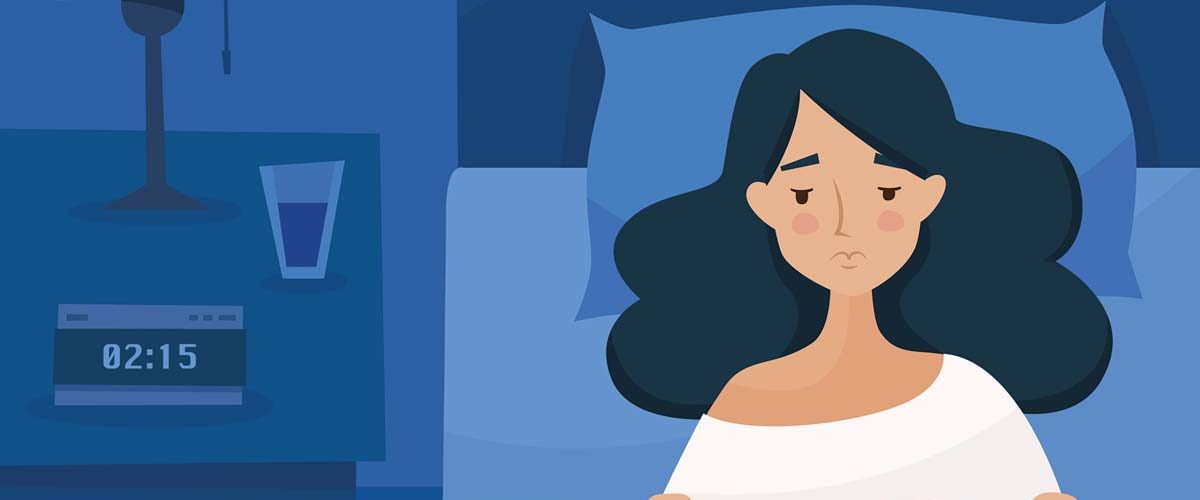The American Heart Association’s Flagship Journal Circulation recently published an article reporting a 42% rise in heart failure rate among adults due to irregular sleeping patterns. Lu Qi defined a healthy sleep pattern as “a person rising early morning after 7-8 hours of night sleep with no signs of insomnia, snoring or extreme tiredness in the daytime”.
It was reported more than 26 million people suffer heart failure each year mainly due to disturbed sleep patterns. To attest to the causative factor of heart failure, a study was conducted, which recruited 408, 802 patients from UK bio bank with ages ranging from 37 to 73 during the period 2009 to 2016. After the 10 years follow-up, researchers recorded 5221 cases of heart failure due to poor sleep quality as well as pattern.
The study characterized the patients based on the time of sleep, daytime drowsiness and sleep quality which included sleep duration, insomnia, snoring, and other related problems.
The corresponding author, Li Qi reported, “ we scored each participant based on the five types of sleep behavior.” Thus, the study findings provided a guideline to improve the sleep pattern for better health.
Furthermore, the authors explained that patients who slept less than 7 hours a day often suffered sleep deprivation and practiced an unhealthy routine similar to the extended sleepers. Nevertheless, associated health issues such as diabetes, hypertension, medications,genetic and other covariates should also be considered as a co-founding factor for heart failure.
Regardless, the findings provided significant evidence of a 42%reduction in heart failure in people with proper sleep patterns. Furthermore, Li Qi identified, “4 independent factors that lowered the heart failure risk were the early risers (8%), timed sleeping hours(12%), no insomnia (17%)and no daytime napping(34%)”
Li Qi’s study presented society with a new leading approach to prevent heart failure and an unhealthy lifestyle.
















Add comment